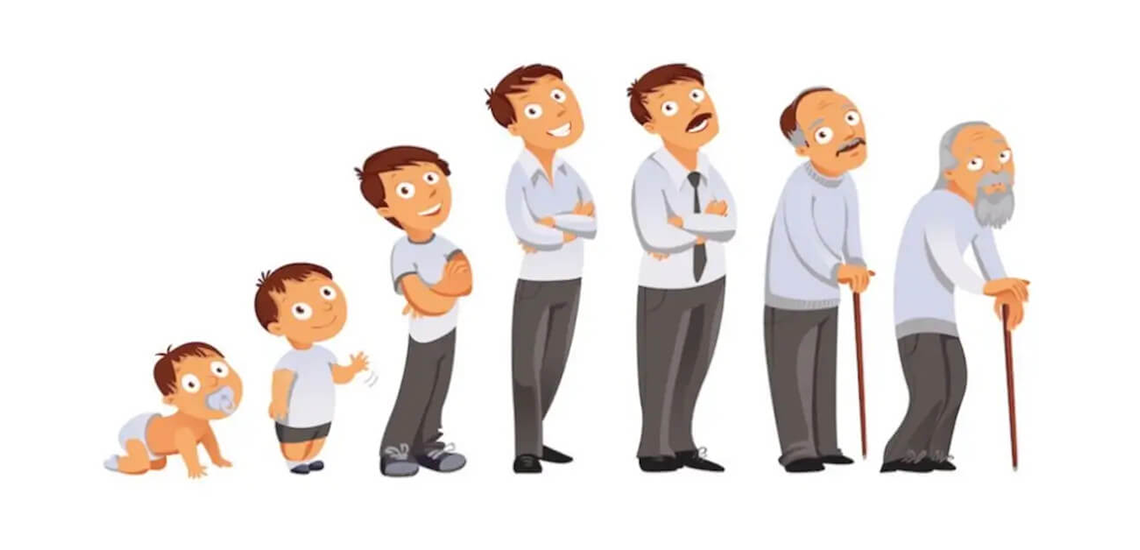Product Launch! - The "hi! Baby Sounder" - Your at Home Fetal Doppler
Learn more about how our handheld Doppler can make your pregnancy feel safe.

By V6CO
Aging is a natural process, but it doesn't mean that you can't age gracefully and maintain your health. Unfortunately, geriatric syndromes, such as falls, memory concerns, depression, urinary incontinence, frailty, malnutrition, and delirium, affect countless people, and they may interfere with seniors' quality of life, socialization, and independence. In many cases, these issues are neglected in routine medical care, which can lead to long-term suffering.
However, most of these issues can be evaluated and managed, enabling seniors and their families to feel better and live longer.
Here's a guide to help seniors age gracefully and healthily:
Falls: Falls are a far too common problem for older adults and can cause minor injuries or life-changing injuries, such as broken hips and head injuries. Therefore, it's crucial to identify the underlying risk factors or health problems that contribute to falls. For instance, insufficient strength or balance can be addressed with the right exercises, but other factors, such as medication side-effects, should also be checked.
Check out resources such as:
CDC STEADI Materials for Older AdultsMemory Concerns: Memory concerns can cause anxiety for older adults and families and may indicate a decline in cognitive abilities. However, evaluation can provide a more objective measure of cognitive function and identify treatable causes of decreased brain function, such as medication side-effects and thyroid problems. Encouraging brain-healthy activities can also improve brain function.
To learn more, check out resources such as:
What’s Causing Your Memory Loss?Depression: Depression is common among seniors, especially those who are struggling with illness, involved in caregiving, or socially isolated. Spotting and treating depression can lead to better quality of life, greater involvement in social activities, and better management of health problems. Non-drug treatments, such as psychotherapy, are generally equally effective as medications in mild-moderate depression.
For more information, see:
Depression in Older Adults and the ElderlyUrinary Incontinence: Urinary incontinence is a chronic problem for older adults and tends to get worse with aging. Identifying the underlying causes, such as prostate enlargement in men, can help with management. Pelvic floor exercises, medications, and surgical interventions are some of the options for managing urinary incontinence.
For more information see:
Urinary Incontinence in WomenFrailty: Frailty is a condition that affects older adults and is characterized by reduced strength, endurance, and physiological function. It can lead to disability, hospitalization, and death. Physical activity and exercise can prevent or reverse frailty, and a healthy diet can also help.
For more information see:
railty: A Syndrome That Can Impact Your Health for more information.Malnutrition: Malnutrition is a common problem among older adults and can lead to poor health outcomes, such as functional decline, frailty, and longer hospital stays. Screening for malnutrition and providing nutrition interventions can improve health outcomes and prevent hospitalizations.
Check out:
Malnutrition in Older AdultsDelirium: Delirium is an acute change in mental status that can occur in older adults and is often caused by an underlying medical condition or medication use. Identifying and treating the underlying cause is crucial for preventing complications and improving outcomes.
Read the following for more information:
Delirium in Older AdultsIn conclusion, aging gracefully and healthily is possible by being proactive in checking for geriatric syndromes, and then correctly managing them. Remember to seek help from a geriatrician or ensure that your usual doctor is thinking